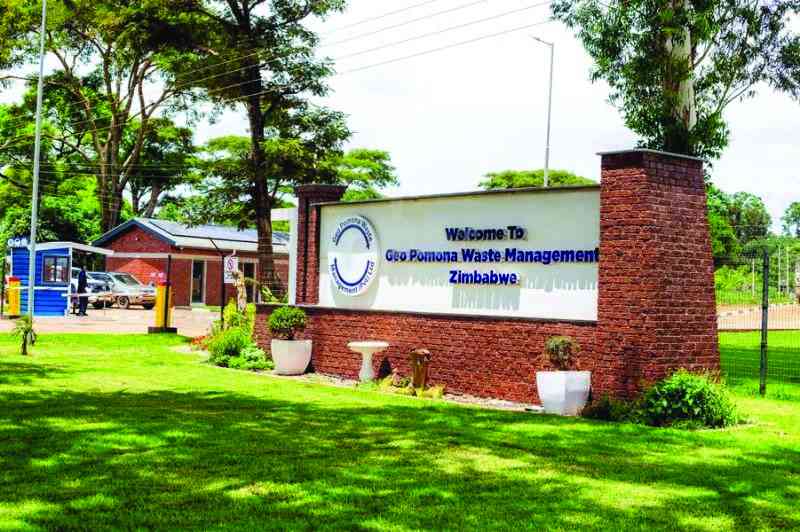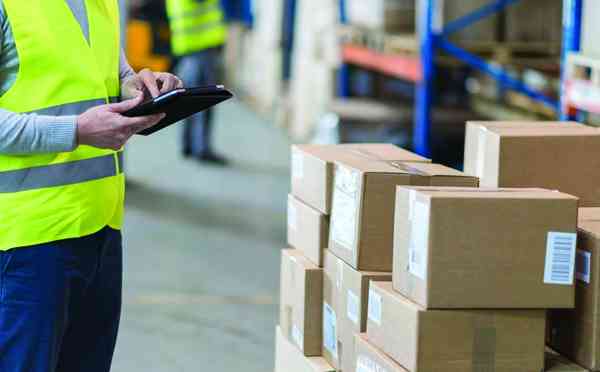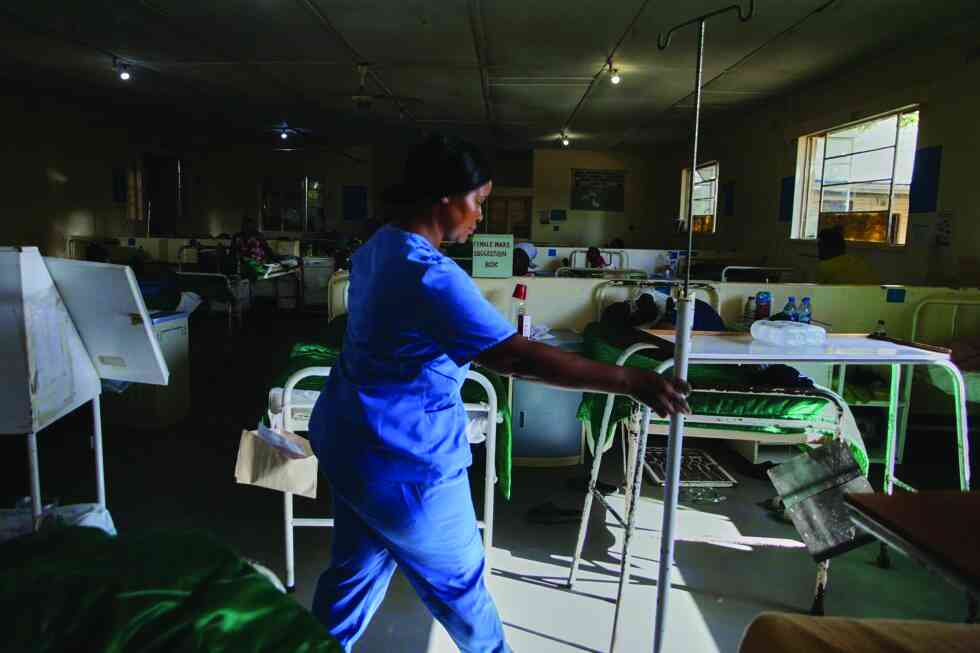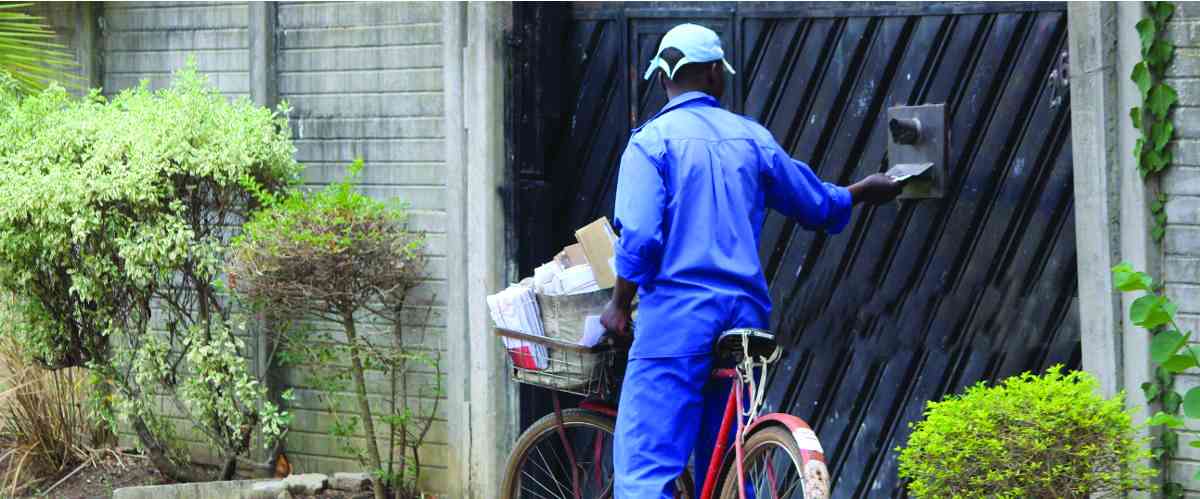
GEO Pomona Waste Management Private Limited plans to establish an oil treatment plant that will recycle processed oil for use as a base in refineries, businessdigest can reveal.
Data from the City of Harare reveals that a staggering 95% of liquid hazardous waste comprises used oil, presenting a significant business opportunity for Geo Pomona's ground-breaking initiative.
The firm is implementing a waste to energy plant in Pomona, where it will generate 16-22 megawatts (MW) to be fed into the national grid. This green energy innovation is the first of its kind in Southern Africa.
”We are planning to set up an oil treatment plant in the future, and several factors will determine if we proceed with this venture," the company's engineer Simbarashe Muchena told businessdigest on the sidelines of the waste to energy conference held in Kariba last week.
The conference was organised by Alpha Media Holdings (AMH), publishers of the Standard, Zimbabwe Independent and NewsDay.
“Over the first three years, we will assess its profitability. The data from the City of Harare indicates that 95% of the liquid hazardous waste consists of used oil, presenting a potential business opportunity,” Muchena said.
“Instead of disposing of this oil, we aim to recycle it to be used as lubricants. We will need to measure how much oil we get and so on.
“The company has set up a drainage system in the landfill, including a collection system. For hazardous waste, we have set up a cell for solid waste and a cell for liquid hazardous waste.
- Harare mayor embraces Pomona project
- Geo Pomona soccer pitch gets Fifa certification
- Geo Pomona ground gets Fifa field certificate
- Geo Pomona project charms UN
Keep Reading
“We are in the process of trying to set up an even oil treatment plant whereby the used oil, which comes inside, we store it in the liquid hazardous landfill and then we are now able to treat it again so that it can be used as a base in refineries. We also get it as oil recyclers."
The re-refined base oils market size is estimated to grow by US$2,64 billion, at a compound annual growth rate of 6,78% between 2023 and 2028, according to Technavio, a leading global market research company.
The market's expansion is driven by increased demand for high-quality oils that offer lower environmental impact, reflecting a broader environmental consciousness among consumers and businesses.
Reports indicate that the used oil industry in South Africa is thriving — out of 243 million litres of new oil sold per annum, 120 million litres are collected for recycling.
However, they noted that only 10% of the used oil collected is re-refined back into base oil, with most being partially processed for fuel oil, to be used in furnaces, kilns and burners.
Muchena said the firm was also looking at establishing a waste to water treatment plant, to treat the leachate produced by the existing landfill in Pomona, and all the new landfills before discharging the same to surface water or irrigation.
He said the plant performance would ensure the discharge of the leachate and other water produced in compliance with Zimbabwean regulation standards and international best practice.
“The final products generated from the treatment system are purified water that will be discharged in the surface water network present and the concentrate that will be disposed to the landfill,” Muchena said.
“The treatment plant is planned to accept all inert and urban waste arriving from waste collectors in Harare. The plant is designed to receive, treat, or deposit 1 000 tonnes per day of urban waste.
“Generation output will be 16 to 22 megawatts (MW) with around 25% of the energy being used in-house and the rest being fed into the national grid."
To put it into perspective, he said, 1MW can power approximately 600 homes, depending on average household energy consumption.
Geo Pomona is a waste management company dedicated to developing sustainable solutions that minimise negative environmental impact.
It took over the running of the then Pomona dumpsite in April 2022 from the City of Harare, and has significantly transformed the place with the construction of hazardous waste landfills, sorting and water treatment plants.
Major works on the waste to energy plant are expected to start soon in line with the set timelines.











